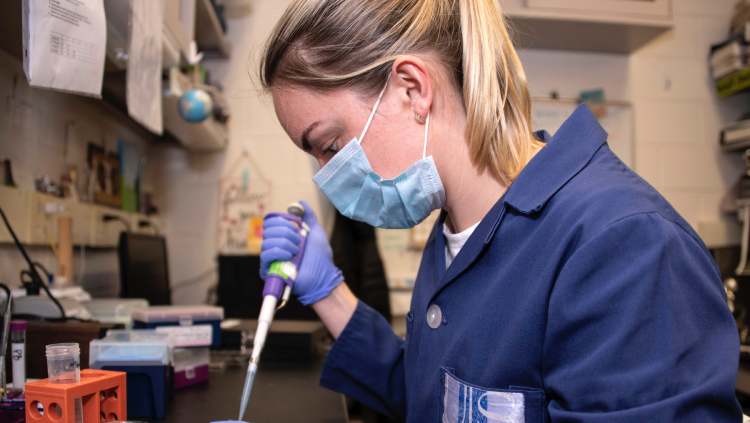
National interest in science is highlighted by federal programs such as the BRAIN Initiative, Cancer Moonshot Initiative and recent increases in the research budgets of NIH and NSF. While this increased federal investment in our nation’s chief grant-funding agencies is a welcome sign for established and early career scientists alike, there is still work we can do to reverse the trend of flat-lined budgets and sequestration.
As members of the scientific community, we are not only experts in our area of inquiry but also necessary advocates for encouraging federal science funding to be a national priority. Throughout our education, training, and careers, we have experienced the effects of changes in federal funding and science policy.
Scientists at all career stages have a variety of opportunities to pursue scientific advocacy, including attending SfN’s annual Capitol Hill Day in Washington, DC, and we can also champion science from our home states.
All congressional representatives have local offices based in their home state or district that scientist constituents can contact to request a meeting. During the 2016 Congressional August recess, I organized and met with both of my senators’ and my representative’s offices.
Here are two key takeaways from this experience:
Involve all members of your research group.
Gaining input from all members of your lab — ranging from undergraduates to your PI — can ensure you provide a more comprehensive look at how funding and policy affects scientists at all career stages, as each person has a unique perspective. For myself, working with my PI to create summaries of our research and how we feel funding has impacted the field was incredibly helpful in preparing me to articulate the most impactful insights from our lab.
Our unique backgrounds matter to our elected officials.
The offices of your representatives are interested in both your scientific research and you. When I met with each office, our dialogue shifted from our lab’s discoveries to my motivation to enter science and some of the challenges I feel the field and my generation of researchers face.
Based on my experience, I would encourage scientists at all career stages to initiate and participate in in-district meetings with their elected officials. Dialogue between researchers and policymakers is an essential way to support the future of science and science funding.






